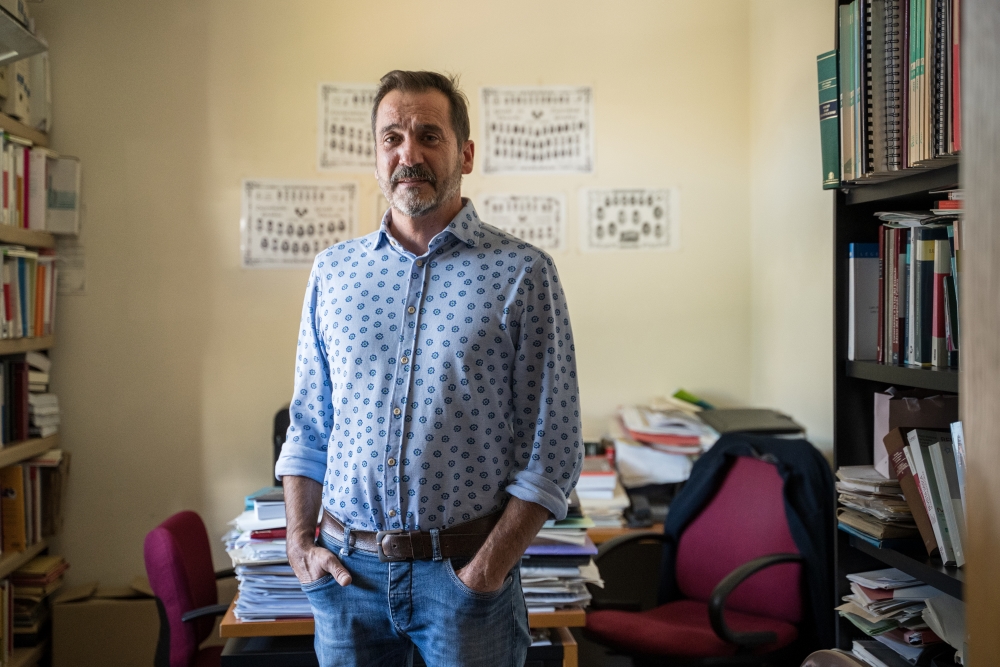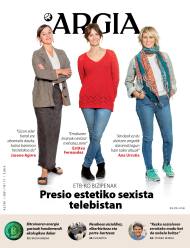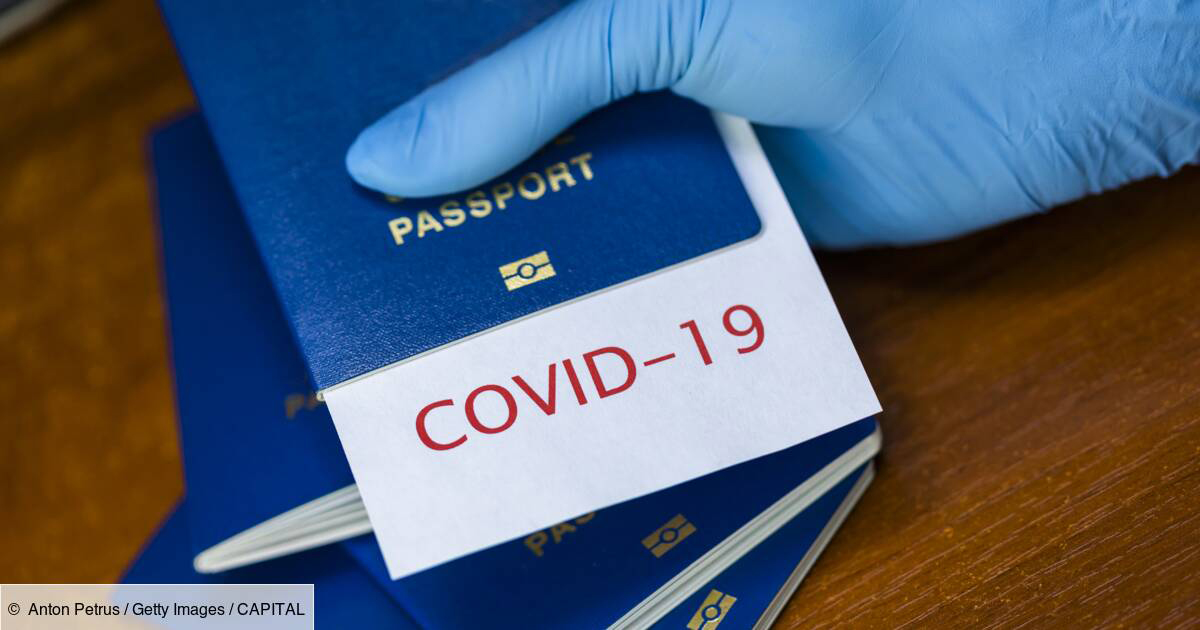“Society has a debate on the limitation of rights ahead”
- We are welcome on the eve of the last session of the prestigious LABI of the Basque Country in one of its offices of the UPV/EHU. Iñigo Urrutia Libarona is a lawyer and professor of administrative law (Maruri-Jatabe, Bizkaia, 1966). Today he is also Aldezle of the University, which is the sponsor of its members. We could talk about a lot of things with him, but we've almost only talked about one thing: Legal aspect of the COVID-19 pandemic, especially in the case of CAPV.

Participated in a recent UPV/EHU meeting: “COVID-19 and public authorities in the Basque Country. A look at the Spanish jurisprudence”. First conference “State of alarm, health. Who sends?” Well, the question, who sends? The first trend
in the Spanish State was to reclaim the state of alarm, that is, a truly exceptional situation. This led to centralisation. The Spanish Constitution speaks very little about states of alarm, exception and siege. And there's an organic law that regulates these situations. It's 1981, very close to Franco's time, and it smells like this: it's totally centralizing. It deletes the competence of the Autonomous Communities and establishes a single authority. That is the idea that lies at the heart of the alarm situation and should not be so. In Germany, in the United Kingdom … extraordinary situations such as cooperation are managed differently, without infringing competences… Here, the central state orders and executes it by other administrations. That path was taken and it was a mistake.
Why?Because this
is not a public order crisis, but a health crisis. And the competent ones are the autonomous communities. There is sufficient legislation to empower the public authorities to dictate the limitations of their rights, without going into the situation of alarm. In this regard, I was surprised that the Urkullu government has called for the alarm situation to be extended. I believe that, on the basis of health legislation, you can order the closing of bars, give the order of move...

Let's talk about these rights limitations. What do you think of the decisions taken by the various governments? The
technical aspect is of great importance and epidemiologists should say what measures may be appropriate. In addition, there is another question: What risk do we want to take as a society? Governments have decided this without the participation of society, and I think society has something to say. For example, will we use the Zero COVID-19 system as in Australia (if a person is polluted closing the whole neighborhood)? That's a model. Another, much more liberal, is that of Norway, the least stringent confinements, etc. What is happening is that we have to have a public debate on the risk we want to take on, and the Basque Parliament has not worked along those lines. On the other hand, it is not logical for the Government to propose measures, for the judges to reject them, and for the Government to complain about them but not to appeal. With the intention of making judges accountable in some way.
Have the restrictive measures been improvised or are the laws to which you referred clearly defined the restrictions that can be applied?Some cases
were planned but not used. At the beginning of the pandemic, in February last year, a doctor called me from the hospital: “Iñigo, we have here a person diagnosed with COVID-19 who has requested voluntary discharge. We don't know what to do." In such cases, the law provides for the judge to be asked to stay. These situations are foreseen and we teachers have taught them in schools, but as an extreme example.
There is a debate on the reduction of certain rights to unvaccinated people.
It's a slippery subject, and I think it's one of the keys. Vaccination is not mandatory today, but if there are legal effects, if they are not incorporated. For example, in some cases where the residence has the guardianship of the user, mandatory incorporation has been proposed, by order of the management. Judgments have been given by the opposition of relatives of some of these residents, and the judges have said that compulsory insertions are correct. But then the prosecutor's office says that you don't have to do mandatory vaccination. I think there is a bit of imposition in relation to vaccination.
Is there a risk of standardising certain rights restrictions?
There is no social debate about the delimitation of rights. Level of risk assumed and not assumed. And what impact measures can have in the future. I think it's a debate that society has to hold. I am critical of the management that has been done, and it seems that politicians have been very calm since the alarm was proclaimed. It is difficult to know what the appropriate measure is, but I think we have made very cheap use of the alarm situation, the limitation of rights, the centralisation, the command…
To a greater extent than justified by the severity of the disease?
Yes. In that they are now faced, as if it were a crisis of public order, and not as a health crisis. Police and social control. Sometimes it seems that the public authorities, the authorities, want to show who has the authority. Maybe because they think judges are taking away some of their power from them.
first alarm situation in Spain and the state of emergency unconstitutional. “But the argument they have given is not logical,” says Iñigo Urrutia, “they say that in a state of alarm rights were not limited, but eliminated. That was why we had to call for an emergency situation. It is a paradox, because the state of emergency means a cut in brutal rights. For example, freedom of the press is suspended. It seems that the Constitutional Court wants to show the way from a conservative ideology: ‘If you want to limit rights, you have to limit them all.’ That, from the point of view of human rights, is very worrying.”
Horren arabera, datorren astelehenetik aurrera, orain arte COVID-19ari aurre egiteko neurriak bertan behera geratuko dira Eusko Jaurlaritzaren eskumeneko alorretan. Labi bera ere desegin egingo dute.
That's the summer that we have, and with it the holidays that we usually link to this season, as if they were a reward to everything that has been given throughout the year. And again people want to go away. He wants to be on the famous coast, marvelous nature or the world's... [+]

























